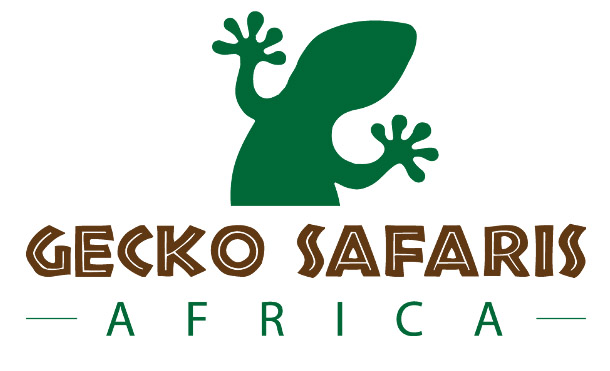Discover the Wonders of Ruaha National Park: Tanzania’s Hidden Gem
Tucked away in the heart of Tanzania, Ruaha National Park is one of the country’s most stunning and unspoiled wildlife destinations. Spanning an area of over 20,000 square kilometers, it is the largest national park in Tanzania, and it remains relatively unknown to many travelers, making it a perfect haven for those seeking a truly authentic African safari experience.
A Rich Biodiversity
Ruaha National Park is a biodiversity hotspot that features an incredible variety of wildlife. The park is home to over 570 species of birds, making it a paradise for birdwatchers. The park’s vast landscapes teem with a remarkable array of animals, including large populations of elephants, buffalo, giraffes, zebras, and various antelope species. Along with the famous Big Five (lions, leopards, elephants, rhinos, and buffalos), Ruaha boasts a large pride of lions and a thriving population of wild dogs, a rare sight in many other national parks.
The park is also home to unique species of wildlife, including the greater kudu, the lesser kudu, and the sable antelope, which are often harder to spot in other reserves. The Ruaha River that cuts through the park offers a vital water source for animals, especially during the dry season when many congregate around the riverbanks for a drink.
Rich Ecosystems and Terrain
What sets Ruaha apart from other Tanzanian parks is its diverse ecosystems and landscapes. From dry, acacia-dotted savannas to dense Miombo woodlands, the park boasts a variety of terrains, creating different environments for animals and birds to thrive. The park’s unique location where the southern and eastern African ecosystems meet provides a fascinating mix of wildlife species from both regions.
The Ruaha River is an essential feature of the park, meandering through the landscape and creating beautiful gorges, rocky outcrops, and waterfalls. During the dry season, the river attracts an abundance of wildlife, making it a prime location for game viewing. The park also contains scenic landscapes, with rolling hills, expansive plains, and ancient baobab trees providing breathtaking views that are perfect for photography.
Incredible Safari Experiences
Ruaha offers a range of safari activities, from traditional game drives to walking safaris and night drives. Game drives are conducted by experienced guides who take you through the park’s varied terrain, ensuring you spot the most iconic animals and uncover hidden corners of the park. For those who wish to go deeper into the wilderness, walking safaris allow you to explore the park on foot, guided by a knowledgeable ranger. This provides a unique opportunity to learn about the smaller details of the ecosystem and gain a fresh perspective on the wilderness.
Night drives are another exciting option, offering the chance to witness nocturnal animals that are typically hard to see during the day. As the sun sets, you can catch glimpses of hyenas, leopards, and other creatures that come out when the stars fill the sky.
Best Time to Visit
The best time to visit Ruaha National Park is during the dry season, which lasts from June to October. This is when wildlife tends to gather around the Ruaha River, making it easier to spot animals. The weather during these months is also more comfortable for game viewing, with cooler temperatures and less humidity.
However, Ruaha offers something special year-round. The wet season, from November to April, transforms the park into a lush, vibrant landscape. While the rains may make access more difficult, this time of year is perfect for birdwatching as migratory species flock to the park, and the wildlife is often more dispersed across the park’s vast territory.
Accommodation Options
Ruaha National Park offers a variety of accommodation options, from luxury lodges to more rustic camps, catering to different budgets and tastes. Whether you’re looking for a luxurious stay with panoramic views or a more authentic, intimate experience in a tented camp, there are plenty of places to choose from. Many lodges and camps are strategically located near the park’s prime wildlife viewing areas, ensuring that guests can enjoy easy access to the park’s treasures.
How to Get There
Ruaha National Park is located in the central part of Tanzania, making it accessible by both air and road. The nearest airport is the Ruaha Airstrip, which is served by domestic flights from Dar es Salaam and other Tanzanian cities. From the airport, it’s a short drive to the park’s various lodges and camps. For those who prefer an adventurous road trip, the park is also reachable by a long drive from Dar es Salaam, though the roads can be challenging during the rainy season.
Conservation Efforts and Sustainability
Ruaha is not only a prime safari destination but also an area dedicated to conservation. The park is managed with a focus on sustainable tourism and wildlife protection. Efforts to preserve the region’s unique biodiversity include anti-poaching programs, wildlife monitoring, and community engagement initiatives. Visitors are encouraged to contribute to these conservation efforts through responsible tourism practices and supporting eco-friendly accommodations.





